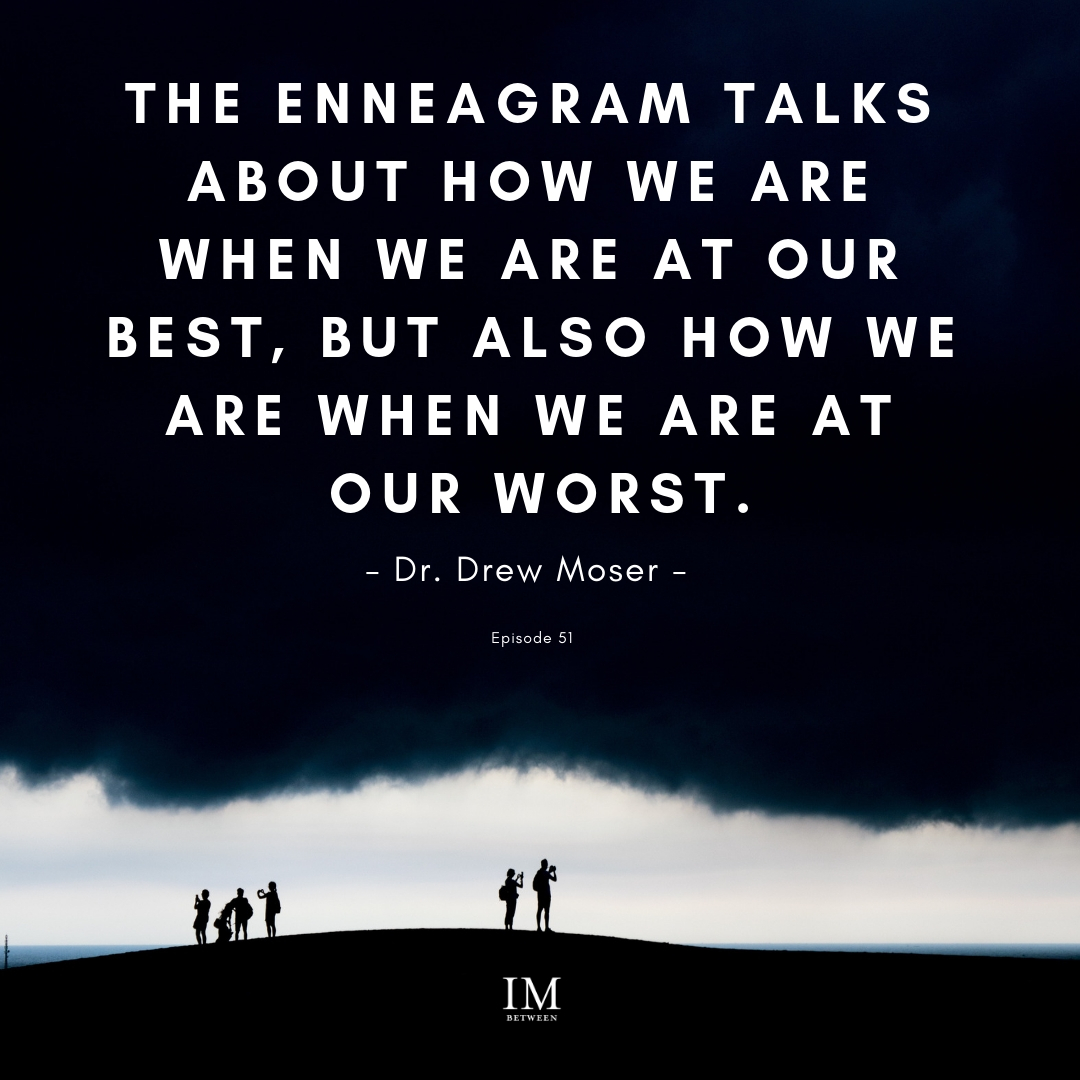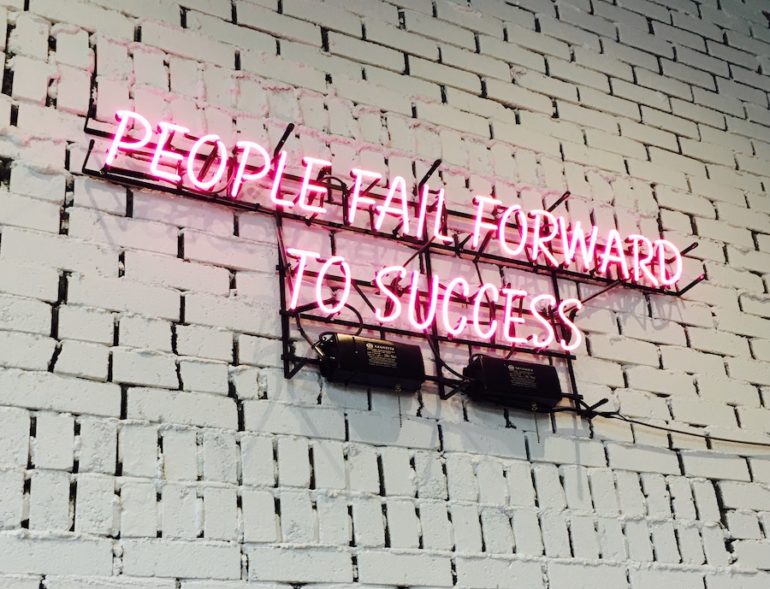Knowing yourself has been a neglected and under-appreciated aspect of life and leadership for far too long.
Now don’t get me wrong. I’m not talking about promoting yourself, nor am I advocating navel gazing either. I’m talking about knowing yourself—your strengths, weaknesses, passions in life, the way you react under stress, how you operate within a team, and on and on.
And while there seems to be a myriad of personality assessments for each and every one of those areas, what’s been missing is one that helps you identify your core motivations—the why behind it all.
Sure, the Myers Briggs might help you identify how you best recharge (introvert/extrovert), the StrengthsFinder might help you discern how you best approach tasks, and the Birkman might help you understand the best environment for you to work in, but what each of them miss is uncovering why you do what you do.
[Read more…] about The Enneagram, Leadership, and Knowing Yourself


 There are no perfect church vision statements.
There are no perfect church vision statements.